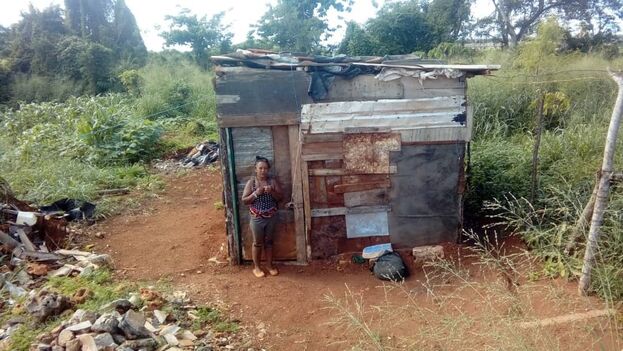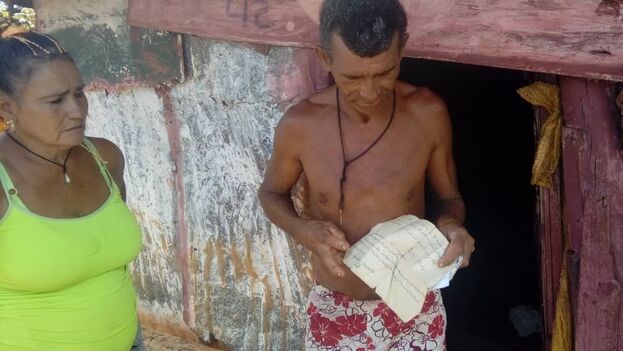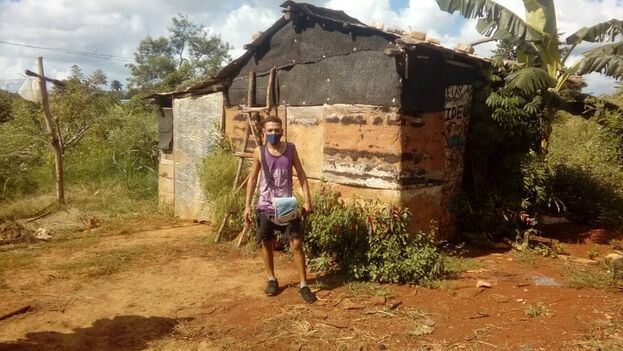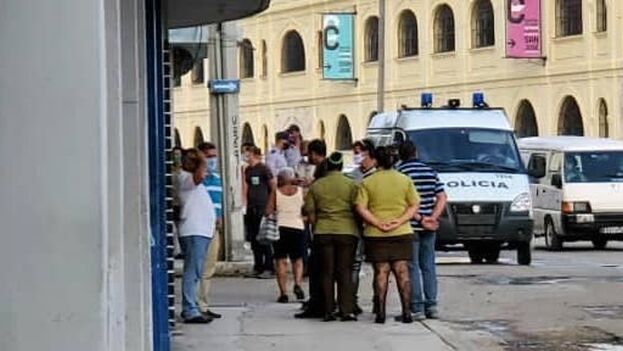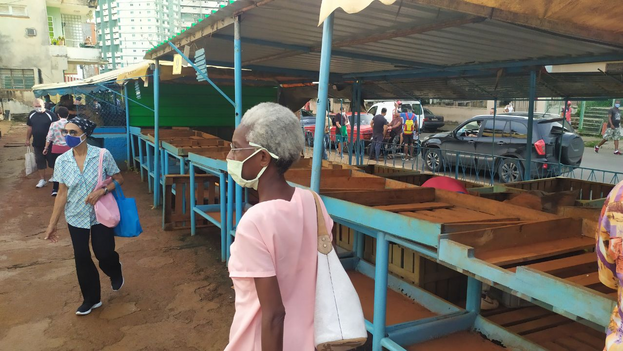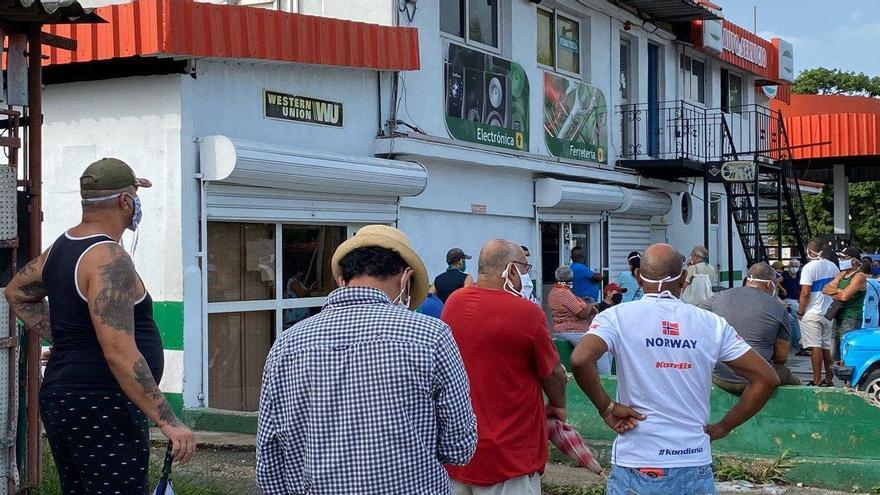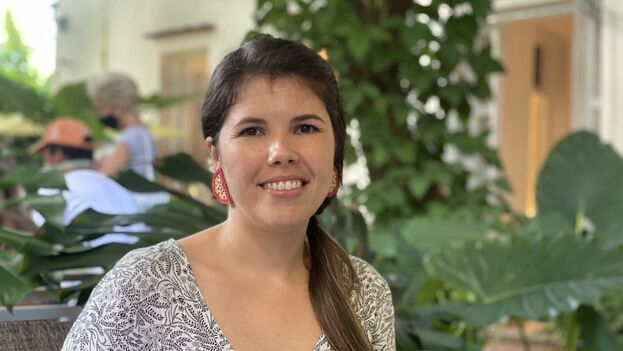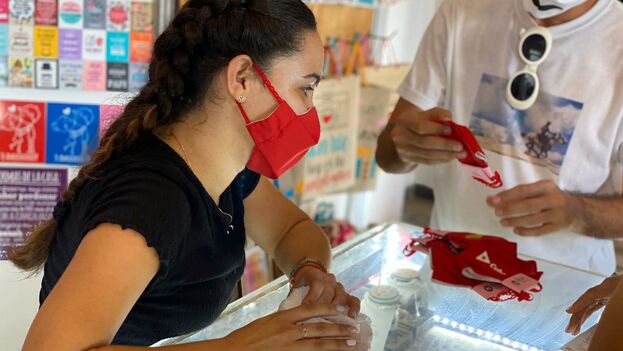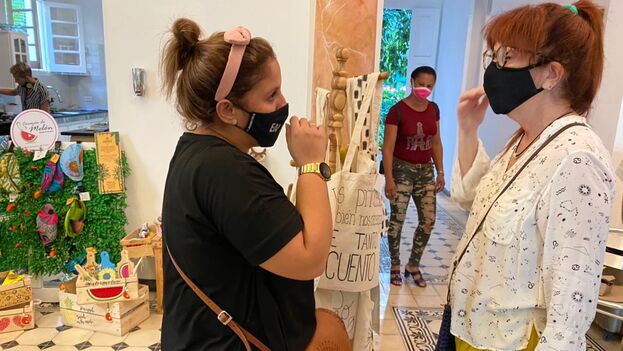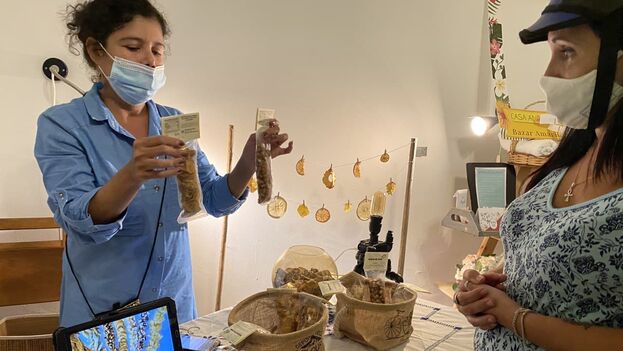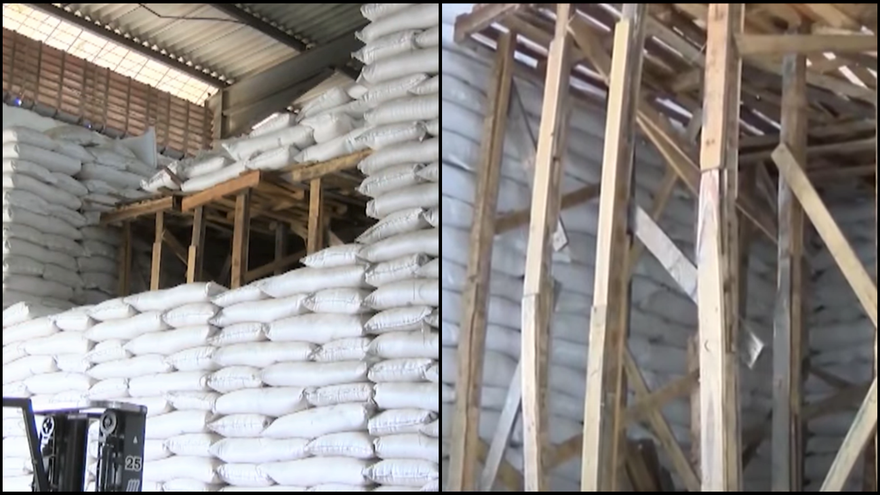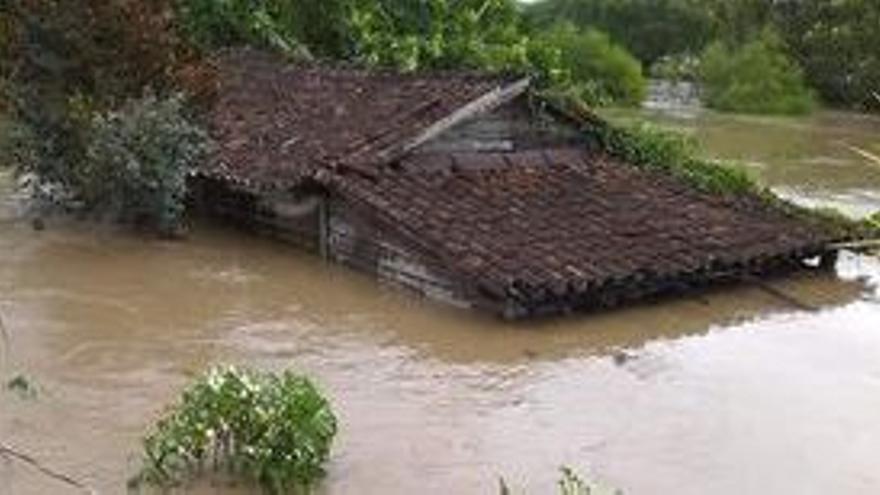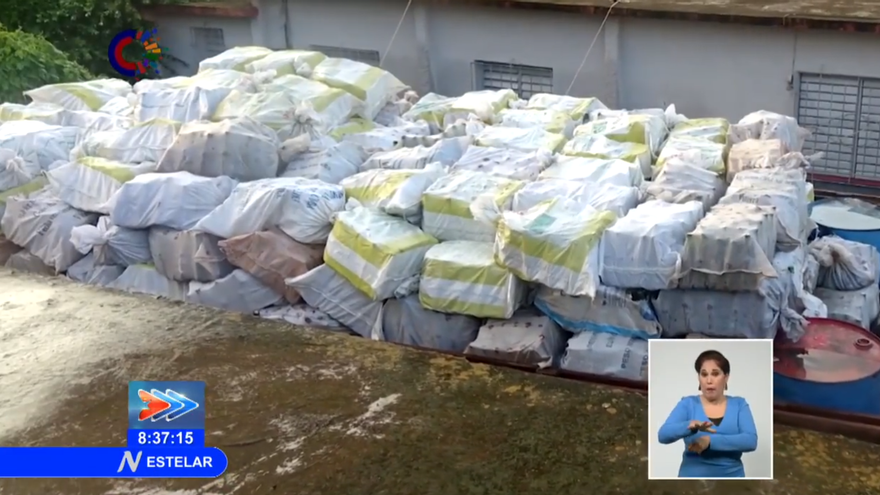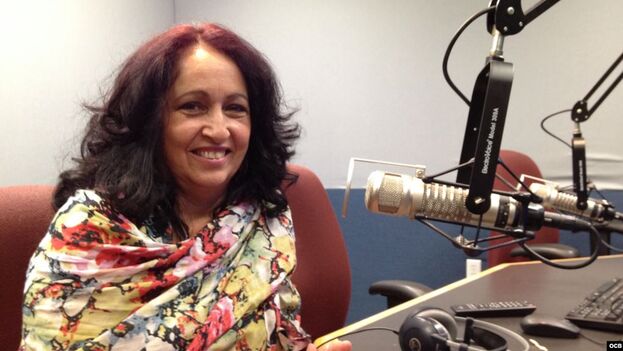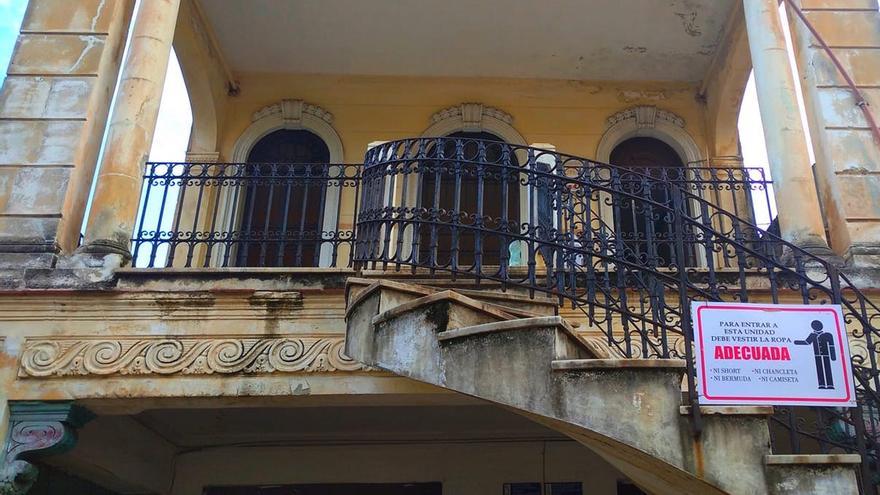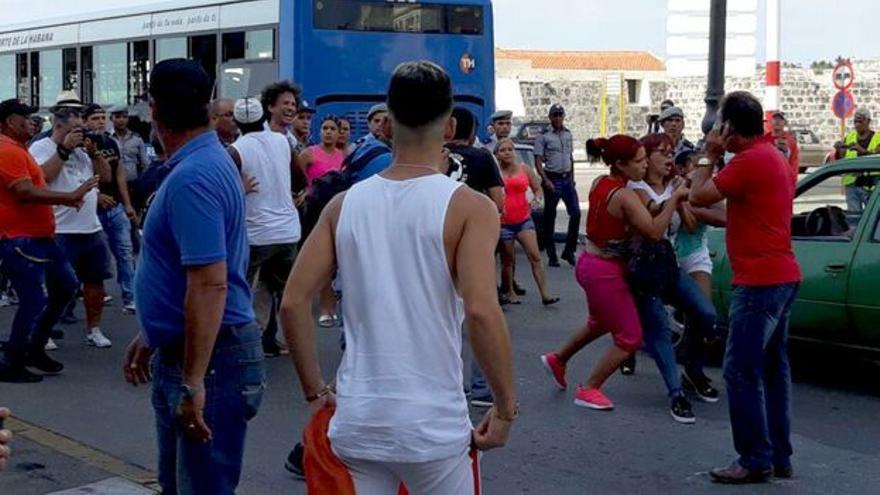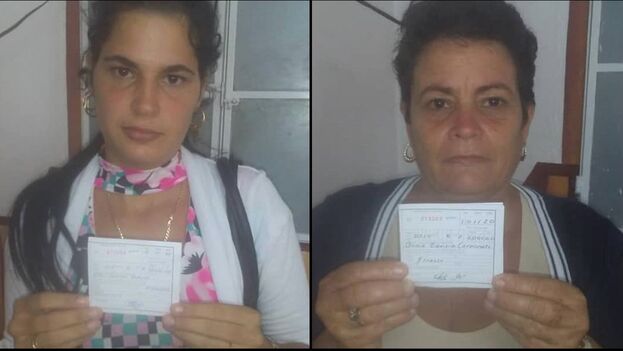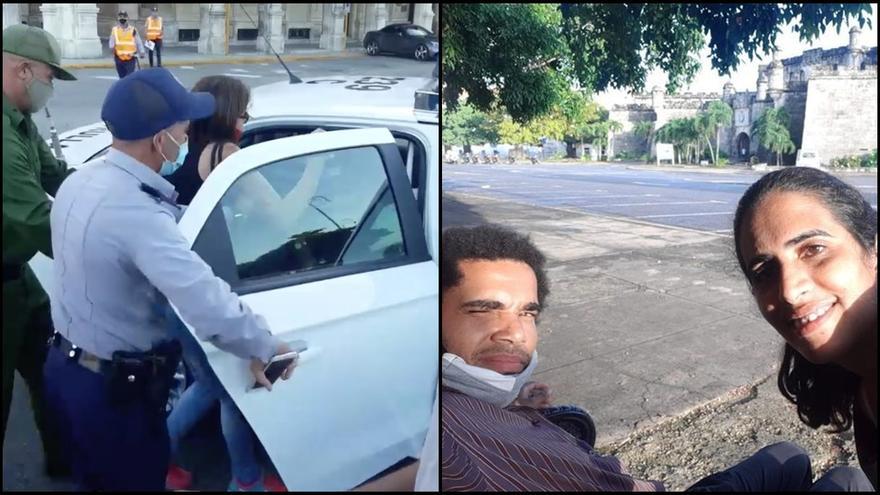
![]() 14ymedio, Havana, 16 November 2020 — The rapper and government opponent Denis Solís, a member of the San Isidro Movement who was arrested on November 9 on the street, was sentenced to eight months in prison for the crime of “contempt”, as reported in a Facebook video by the artist Luis Manuel Otero Alcántara, coordinator of the collective.
14ymedio, Havana, 16 November 2020 — The rapper and government opponent Denis Solís, a member of the San Isidro Movement who was arrested on November 9 on the street, was sentenced to eight months in prison for the crime of “contempt”, as reported in a Facebook video by the artist Luis Manuel Otero Alcántara, coordinator of the collective.
Alcántara explained, in a live broadcast held at the doors of the Provincial People’s Court of Old Havana, that he and several members of the opposition movement were there waiting for news of Solís, because until that moment neither in the Vivac prison nor in Valle Grande prison, where they looked, was there any official news of the activist.
At that time, Katherine Bisquet brought to that court the habeas corpus document that they had requested on Friday. The document stated that Solís was tried and sentenced two days after his arrest. “They are crazy if they think they are going to give him eight months,” Alcántara commented with visible indignation. “This is play-acting,” he continues, “I do not believe in that, that is an aberration,” and warns: “We are not going to put up with that and it is a direct message to State Security.” continue reading
The members of the San Isidro Movement believe that they cannot ignore the arrest of Denis Solís. “If we allow an outrage of this scale to proceed in Cuba, what recourse does the Cuban citizen have to confront power?” the movement asked in a statement published this Sunday in which they denounce the arrest of the activist and the repression of State security in the face of their protest actions.
“After each arrest, we have returned again and again, even in the middle of the night, to continue to peacefully demand the release of Denis,” says the text. The manifesto is the last protest action of those that have been carried out in recent days during which they gathered in front of the Police station at Cuba and Chacón streets, where Denis Solís González was taken on November 9 after being violently arrested in the street.
From there, he was transferred to the Vivac prison and later to Valle Grande. Several of the members of the group were detained — as often as twice in 24 hours — as happened this Sunday, while reading poetry in the street, with Anamely Ramos, Maykel Castillo, Katherine Bisquet, Iliana Hernández, Luis Manuel Otero Alcántara and Esteban Rodriquez.
In the statement, the members of the San Isidro collective point out that violence and the abuse of power “have become the norm in Cuba” and denounce “an excessive rise in recent months, in which the State has taken advantage of the exceptional situation of the coronavirus pandemic.”
The text emphasizes that the activist has not been allowed to communicate with his family, and the State Security officers “engaged in multiple violations” when they raided his home on two occasions, intimidated his relatives and seized Solís’ phone. At that time the agents threatened to open a case “for drugs” and took some shoes without drawing up a record of seizure.
Before his arrest, Solís had already suffered threats, offenses and surveillance in his home, especially after tattooing the words ’Cuba’, ’Change’ and ’Free’ on his chest this October.
However, in response to the version given by the authorities to the family, a police officer from the station at Cuba and Chacón streets informed the art curator Anamely Ramos last Friday that the opponent was subjected to a summary trial “for contempt” and that he was already serving his sentence in the Valle Grande prison.
“We denounce the helplessness in which we find ourselves, faced with the illegitimate impunity of State Security. We denounce the arbitrariness of the case against Denis Solís and all the violations that occurred in his arrest and trial. We demand his immediate release. We demand it in a peaceful manner with the Poetry as a sword. We will all do poetry,” closes the text.
____________
COLLABORATE WITH OUR WORK: The 14ymedio team is committed to practicing serious journalism that reflects Cuba’s reality in all its depth. Thank you for joining us on this long journey. We invite you to continue supporting us by becoming a member of 14ymedio now. Together we can continue transforming journalism in Cuba.

